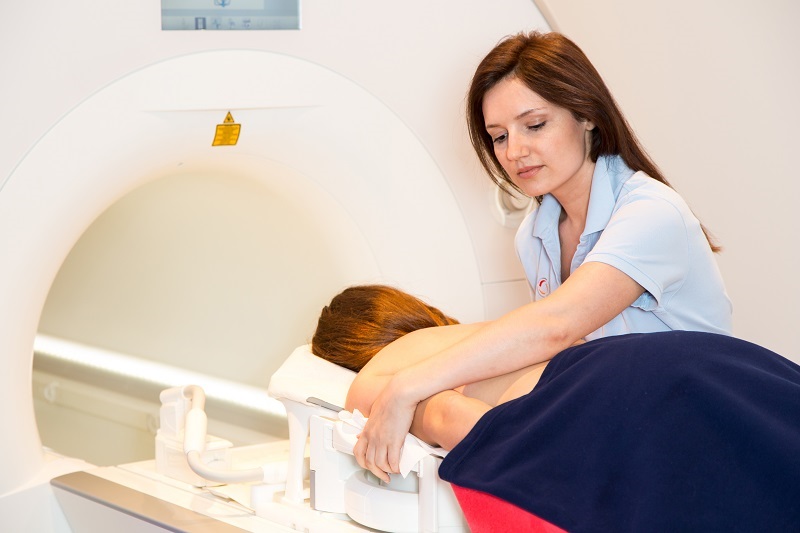As nationwide Cauda Equina Syndrome attorneys, we have seen the tragedy that can result when a doctor or other healthcare professional fails to properly diagnose and treat a patient exhibiting symptoms of Cauda Equina Syndrome (CES).
Many people suffer from lower back pain at some point in their lives. In most cases, the problem goes away with a little rest and over-the-counter medications. However, in some cases lower back pain can be a symptom of a much more serious condition known as Cauda Equina Syndrome.

Causes of Cauda Equina Syndrome
The cauda equina is a collection of nerves located at the base of the spine that spread down into the back and legs, providing motor and sensory function to the legs and the bladder. CES happens when pressure is applied to the nerves, causing damage and impairing their function. Some common causes of CES include:
- Spinal injury
- Infection or disease
- Birth defect
- Stenosis (narrowing of the spinal canal)
- Spinal lesion or tumor
Red Flags for CES
Because of the serious implications, it is important to diagnose CES as soon as the symptoms appear. Symptoms that may indicate CES include:
- Severe lower back pain
- Pain, numbness, or weakness in one or both legs
- “Saddle anesthesia” – loss of or altered sensations in the “saddle” region of your legs, buttocks, and inner thighs
- Problems with bladder or bowel function
- Sexual dysfunction
The problem is, the symptoms of CES can sometimes be similar to other, less serious conditions. It is important that the attending healthcare professional has the training and experience to perform the kind of thorough examination that is required to determine if a patient’s back pain is due to a case of mild sciatica or something more serious, like CES.
Some of the “red flags” that may indicate CES include:
- Recent back injury
- Recent back surgery
- History of cancer
- Severe low back pain
- Motor weakness, sensory loss, or pain in one or more commonly both legs
- Saddle anesthesia (unable to feel anything in the body areas that sit on a saddle)
- Recent onset of bladder or bowel dysfunction
- Recent onset of sexual dysfunction
- Loss of reflexes in the extremities
In order to confirm a diagnosis of CES, the healthcare professional must review the patient’s medical history and perform a thorough physical exam to assess the patient’s reflexes, strength, sensation, alignment, stability and motion.
This exam should include blood tests, a magnetic resonance imaging (MRI) scan, a myelogram (an X-ray that uses a contrast dye to reveal problems in the spinal canal) or a computed tomography (CT) scan that generates detailed, cross-sectional (tomographic) images of the affected areas.
Failure to Diagnose CES
CES is a medical emergency. Once the healthcare professional has confirmed a diagnosis of CES, it is imperative that the patient undergo treatment – usually surgery – immediately. If treatment is delayed by even 48 hours, the results for the patient can be devastating: chronic pain, incontinence, impotence and even paralysis.
Speak with an Experienced CES Attorney
Lisa Levine is a nationally recognized Fort Lauderdale personal injury attorney who specializes in helping those who have suffered as a result of a misdiagnosis for CES and other medical errors. She has been protecting the rights of injured clients in Florida and across the United States for over 40 years.
If you have been injured due to a CES misdiagnosis, you may be able to seek compensation for the damages caused by your injuries by filing a medical malpractice lawsuit. Don’t hesitate to seek legal help – waiting too long may prevent you from getting the justice you deserve. Call Lisa Levine to schedule a free consultation with an experienced Cauda Equina Syndrome attorney today.
